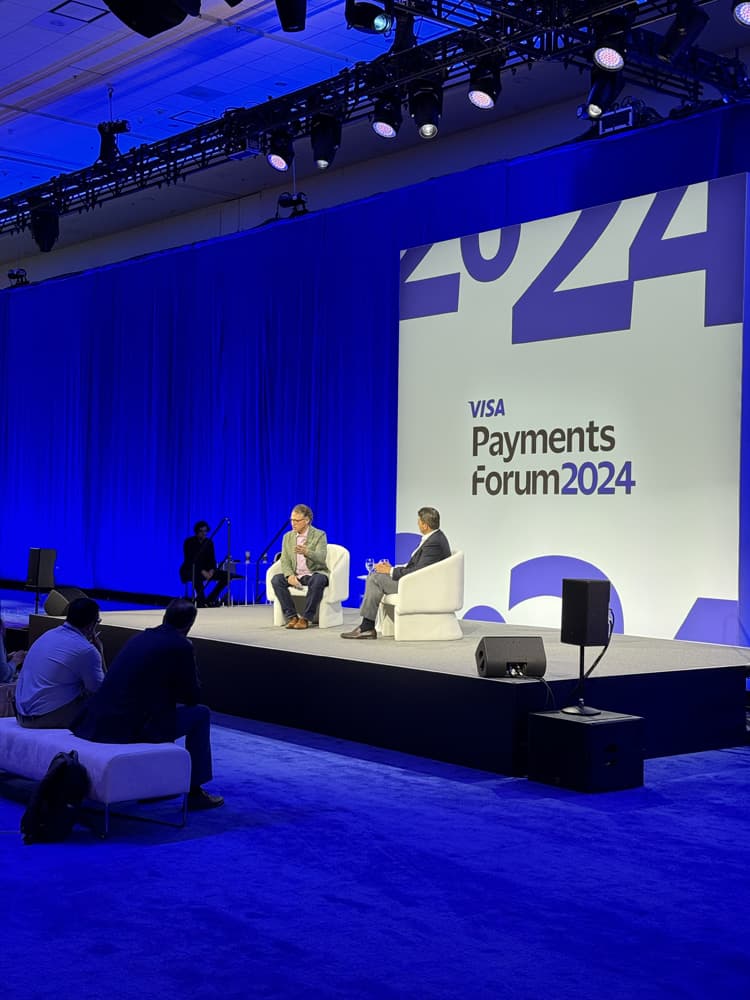Visa Commits Payments Forum to San Francisco Through 2030 After One-Year Dallas Stint

San Francisco, CA – Visa, the global payments technology leader, has announced a significant commitment to San Francisco, pledging to host its annual Visa Payments Forum at the Moscone Center from 2026 through 2030. This decision marks a long-term return for the prominent industry event, which temporarily relocated its 2025 edition to Dallas, Texas. The move is a notable boost for San Francisco's convention and tourism economy.
Oliver Jenkyn, group president of global markets at Visa, underscored the strategic importance of the city to the company. "The future of payments is here in San Francisco, a city that has always been at the heart of Visa’s story," Jenkyn stated in a news release. He further explained, "By bringing Visa Payments Forum home, we are investing in the local community, supporting economic growth, and showcasing San Francisco’s role as a global hub for innovation.”
The temporary shift of the 2025 forum to Dallas was attributed to the impending demolition and multi-year reconstruction of the Kay Bailey Hutchison Convention Center Dallas, a project slated to begin in 2025 and conclude around 2029. Prior to this, Visa had held its 2024 event in San Francisco, coinciding with the opening of its new global headquarters in the city's Mission Bay neighborhood in February 2024. This 13-story, 300,000-square-foot facility solidifies Visa's significant physical presence and investment in the Bay Area.
San Francisco Mayor Daniel Lurie enthusiastically welcomed Visa's long-term commitment, highlighting positive economic indicators for the city. In a recent social media post, Lurie noted that Visa card data revealed a 10% increase in spending in San Francisco during the first half of the year compared to the same period in the previous year. "From conferences returning to businesses reopening, downtown is buzzing with energy," Lurie wrote, concluding, "It’s a new day in San Francisco, let’s go." The commitment from such a major financial technology company is seen as a strong vote of confidence in the city's ongoing post-pandemic recovery.